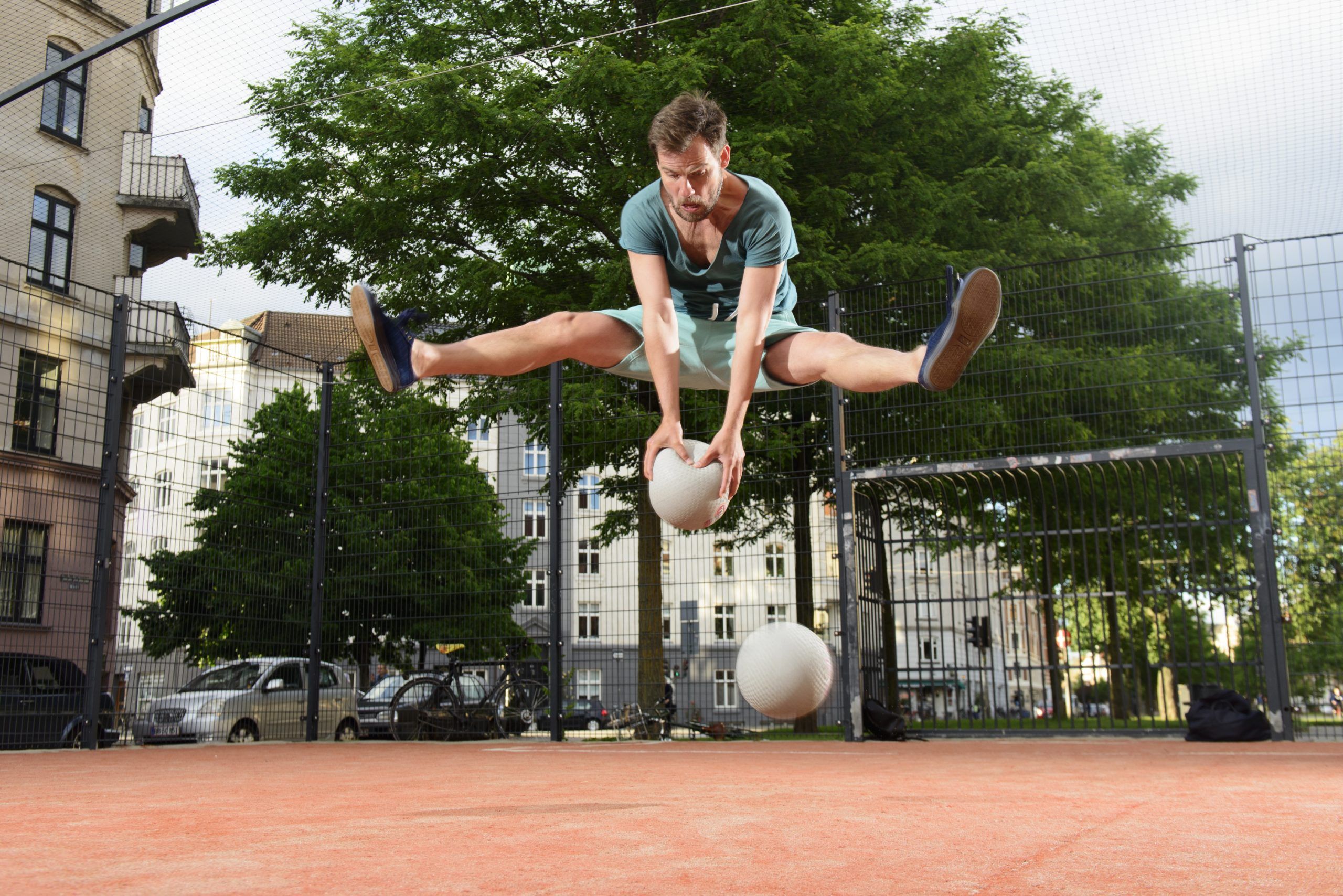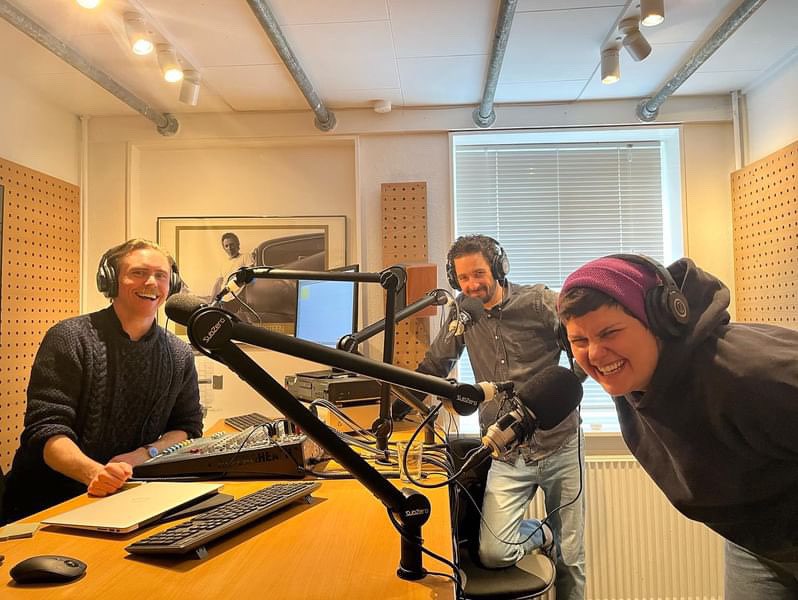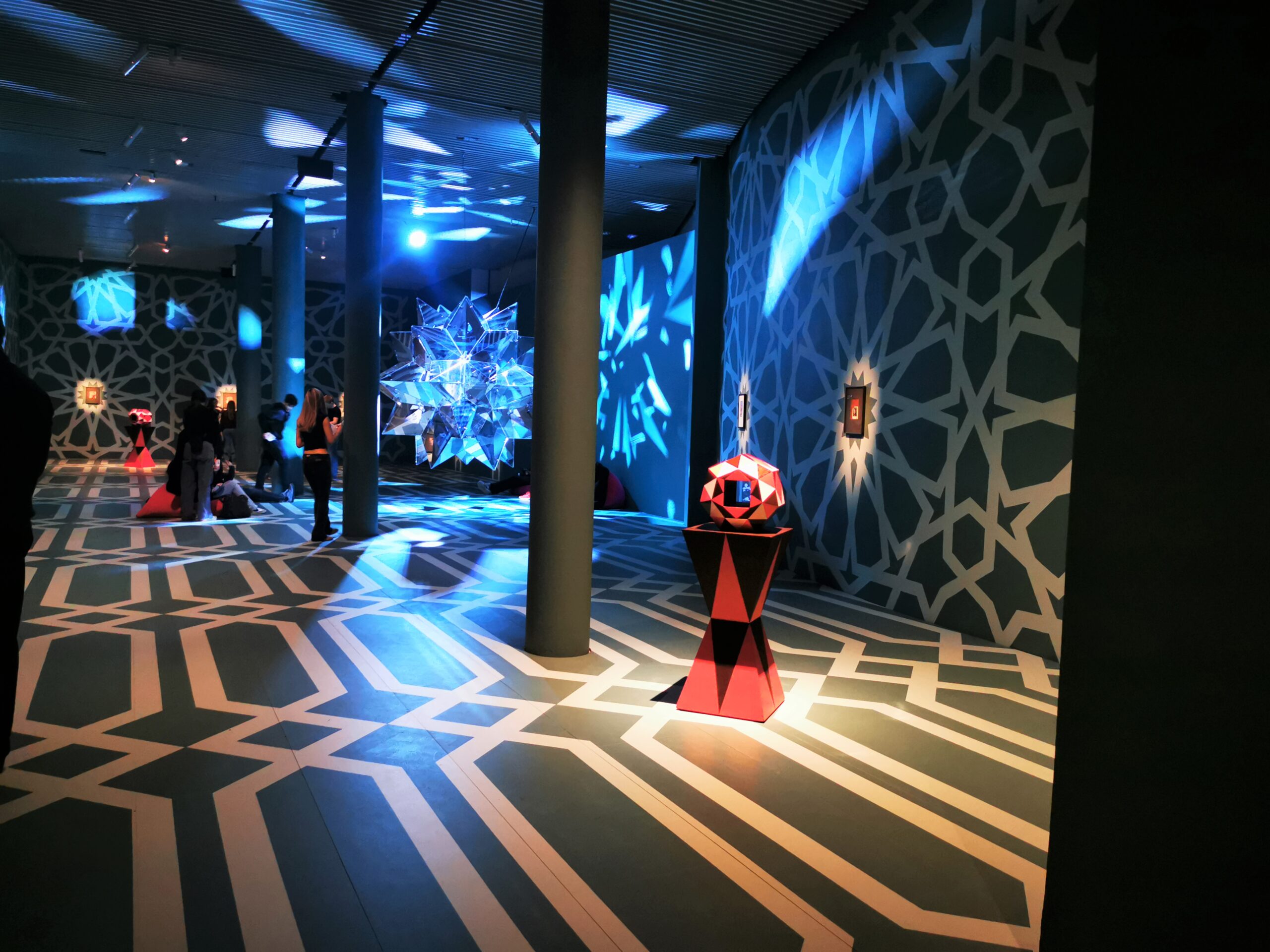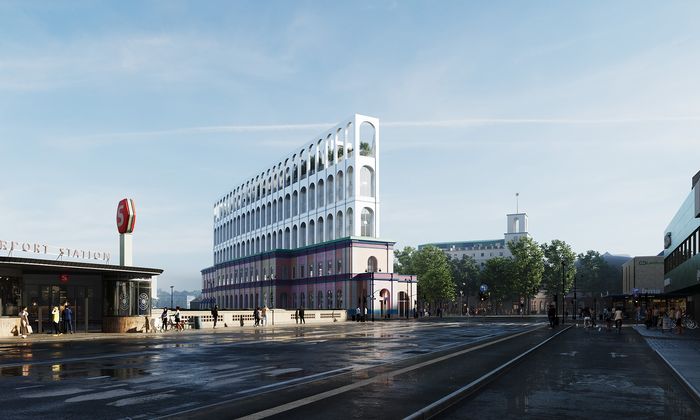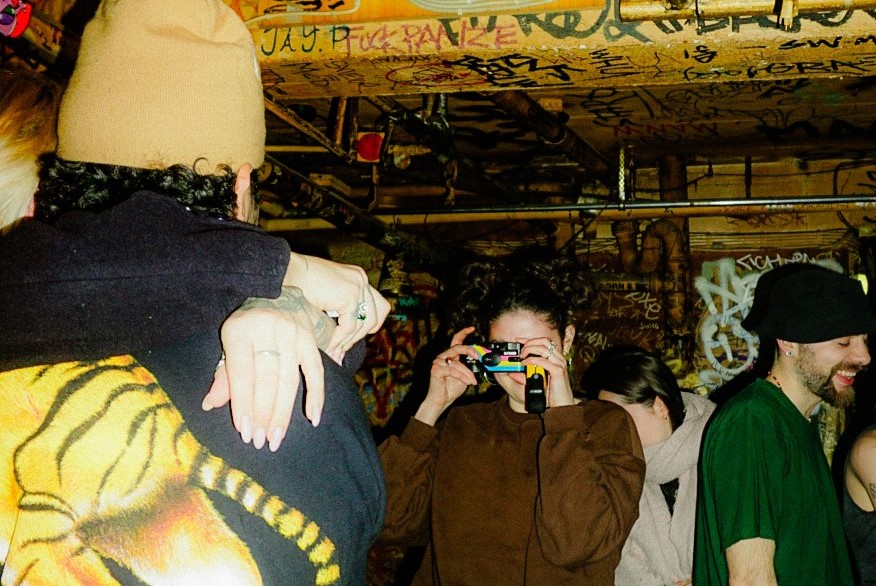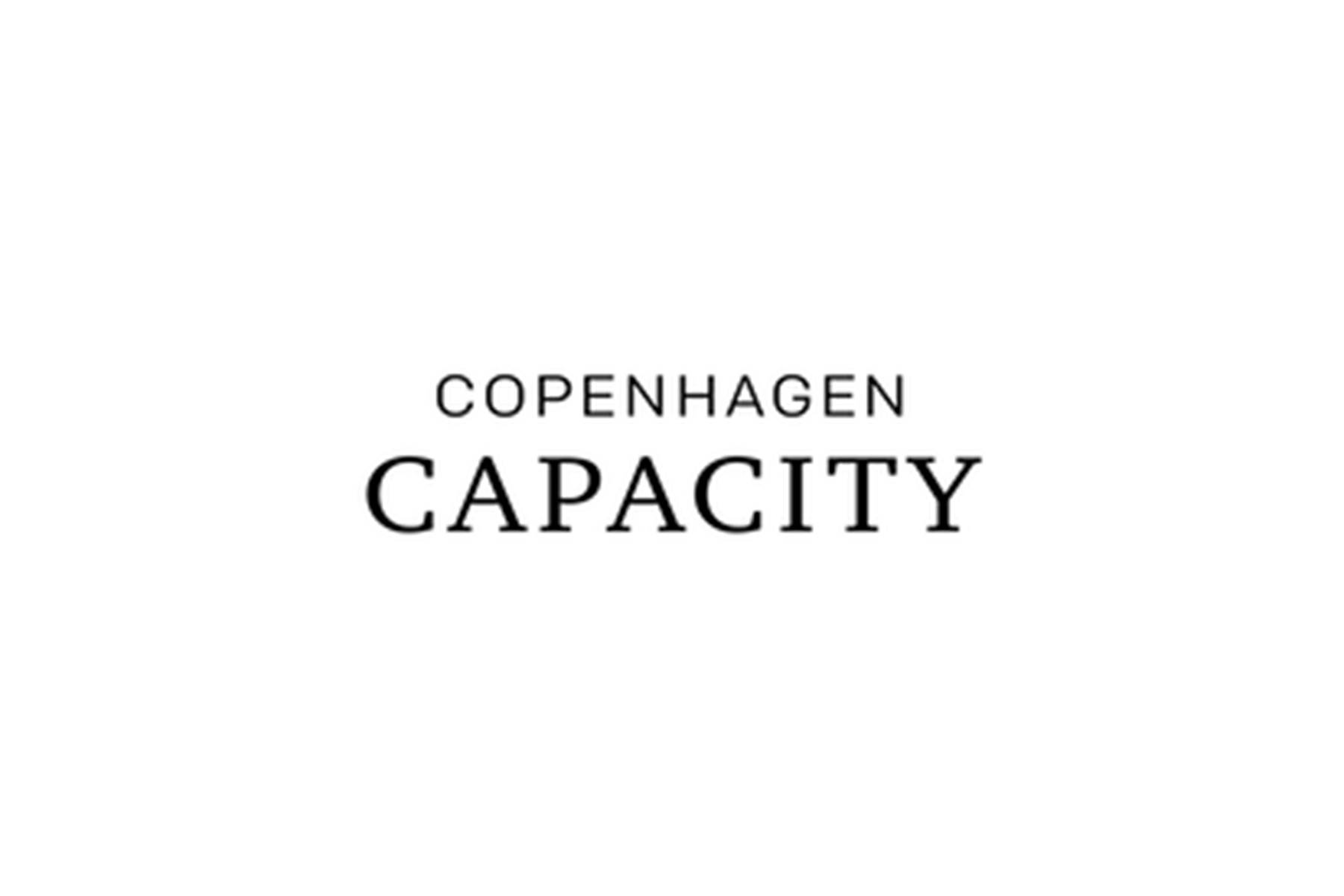The annual EuroGames, hosted by the European Gay and Lesbian Sport Federation (EGLSF), kicks off on Wednesday 18 August. In the spirit of inclusivity, it’s open to all – irrespective of age, race, gender, sexuality and experience.
Contests in 22 different sports will be judged by the same international sporting federations who adjudicate the Olympics – so if you fancy having your javelin throw or 100m breaststroke judged by the highest echelon of industry professionals, this is your moment.
Besides throwing Europe’s largest celebration of the LGBTI+ sports community, EGLSF’s manifesto includes fighting sexual discrimination in sport, stimulating integration and emancipation of LGBTI+ athletes, and supporting new LGBTI+ groups and the coming out of LGBTI+ athletes.
The birth of EuroGames
The EuroGames follows in the footsteps of the Gay Games – the first international LGBTI+ sporting contest established in San Francisco in the 1980s by Olympic decathlete Tom Waddell.
The founding of the EGLSF, created by German and Dutch LGBTI+ sport clubs in 1989, quickly followed. It counts over 120 LGBTI+ clubs from all over Europe among its members, representing more than 22,000 European athletes.
Three years later the first EuroGames was held in the Netherlands. Since then, the largest EuroGames have been in Munich in 2004 and Barcelona in 2008 – where over 5,000 athletes took part. This year’s tournament in Copenhagen is expected to be one of the biggest to date.
A need for change
Despite an overall trend towards inclusivity, the sporting world has historically leant towards homo and trans-phobia. Perceptions of ‘macho’ identity, locker-room banter, laddish fan behaviour, and hazing are just a few examples of heteronormativity as the dominant paradigm in sports culture.
According to Outsports, this year’s Tokyo Olympics had at least 182 publicly out LGBTI+ athletes – more than all past Olympics combined. The 2020 Olympics also featured its first transgender athletes, notably New Zealand weightlifter Laurel Hubbard and Canadian women’s footballer Quinn, who use they/them pronouns and became the first openly transgender Olympic gold-medal champion.
The importance of organisations like EuroGames was laid bare when plans for the usual ‘Pride House’ – an inclusive space inside the Olympic Village – at the 2014 Winter Olympics in Sochi, Russia were struck down by the Ministry of Justice on the basis that it constituted “propaganda of non-traditional sexual orientation which can undermine the security of the Russian society and the state”.
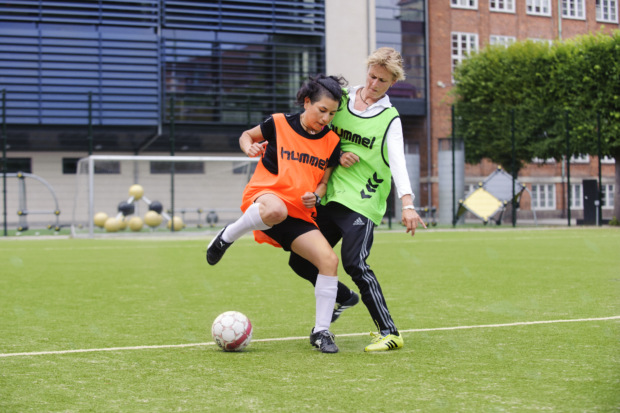
Get involved!
So what better cause to dust off your sneakers or dig your hockey stick out of the attic for? There are a plethora of events to sign up for: from artistic (previously known as synchronised) swimming and track and field events (running, high and long jump, discus, javelin) to squash, tennis, bowling and chess … even dodgeball and the little-known Swedish sport floorball, which was invented in the 1960s.
There is a participation fee of 90 euros for members of EGLSF and 120 euros for non-members, which allows you to sign up for as many tournaments as you like.
Of course, if team sports make you shudder you can sign up for one of the lower commitment and less sweat-inducing EuroGames initiatives.
A series of drop-in events under the name ‘Sports to the People’ – including the Drag Olympics, roller-skating through the city, bicycle workshops and skiing – are open to visitors. Rolling sign-ups are available on the EuroGames app.
A Sports Leader Conference will also take place, with a mix of keynotes and panel debates. Smaller workshops that delve into issues affecting athletes and clubs, which offer concrete tools to fight discrimination, will run in parallel.
Finally, a Sports Village will be set up at Islands Brygge Havnepark with food and drinks, DJs, yoga, casual tournaments in golf, petanque, boxing and pub quizzes, workshops and performances.
So whether you’re leading a team to hard-fought sporting glory or eating a hotdog and watching ‘Intro to Fencing’ from a deckchair in the sun, #youareincluded in the biggest LGBTI+ event of the year.

